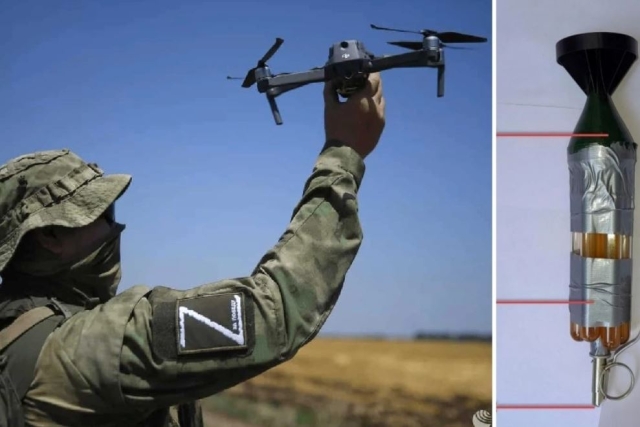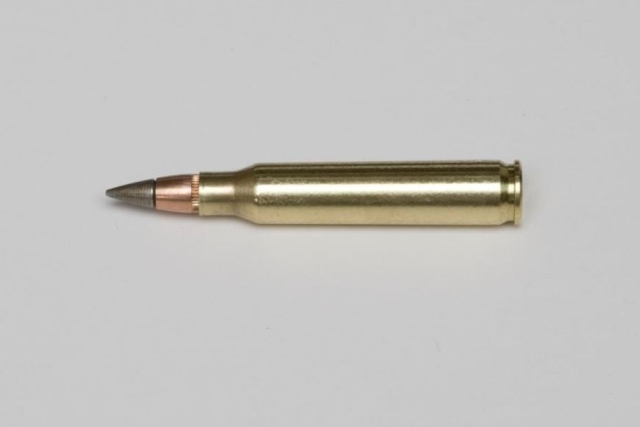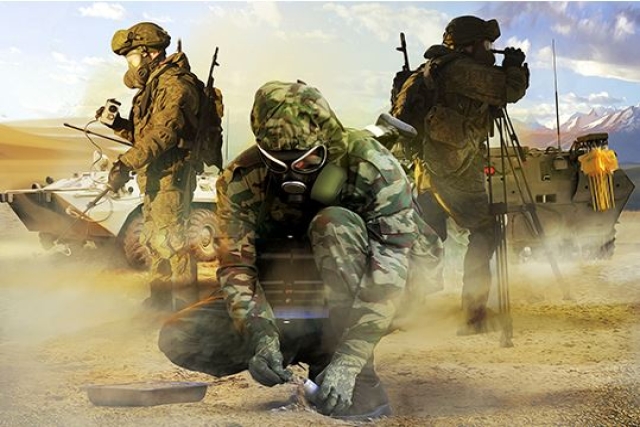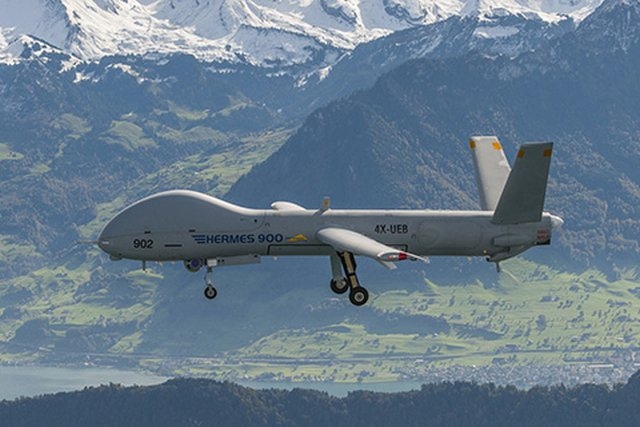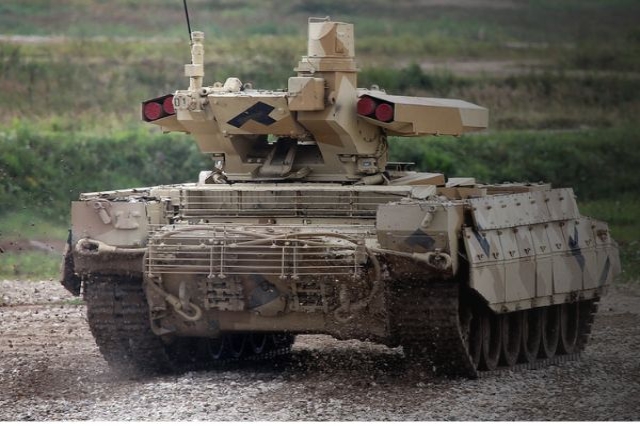Dutch Intelligence: Russia Using WWI-Era Chemical in Ukraine
Use of chloropicrin and tear gas by Russian forces violates Chemical Weapons Convention
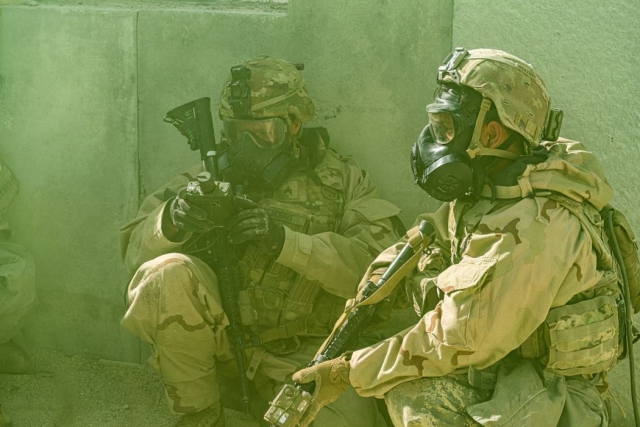
The Dutch Military Intelligence and Security Service (MIVD) and the General Intelligence and Security Service (AIVD) have jointly warned of a growing use of chemical weapons by Russia in Ukraine, marking what they describe as a serious breach of international law.
According to a statement delivered to the Dutch Lower House by Minister Ruben Brekelmans on July 4, Russian forces are no longer limiting themselves to tear gas but are now systematically deploying more dangerous substances, including chloropicrin — a chemical agent banned under the Chemical Weapons Convention due to its lethal effects in enclosed areas.
“This is a sliding scale. It is completely unacceptable and shows once again what a brutal aggressor Ukraine is facing,” said Brekelmans. “If the threshold for using these weapons is lowered, it endangers not just Ukraine but the rest of Europe and the world.”
The findings, confirmed alongside Germany’s Federal Intelligence Service (BND), point to an escalation in Russia’s chemical warfare tactics. Chloropicrin, once used as a chemical weapon during World War I, is now reportedly a standard part of Russia’s battlefield arsenal, according to the intelligence services.
Vice Admiral Peter Reesink, Director of MIVD, said, “It shows that Russia is intensifying its use of chemical weapons. At the same time, we see that Russia is deploying these types of weapons with increasing ease.”
Ukrainian authorities report over 9,000 chemical attacks on their armed forces since the full-scale invasion began in 2022. At least three deaths have been directly linked to chemical exposure, with additional fatalities resulting from troops being forced out of shelters and exposed to conventional attacks.
The intelligence services also noted that the Russian Radiological, Chemical and Biological Defense Forces have been directly involved in facilitating the use of chemical agents. The production and research of chemical weapons in Russia is reportedly increasing, with new personnel being recruited to support the program.
Minister Brekelmans has called for stronger international sanctions, greater diplomatic isolation of Russia, and continued military aid to Ukraine, warning that normalizing chemical warfare would set a dangerous precedent globally.
Chloropicrin causes severe lung damage and can be lethal in confined spaces. Its use forces soldiers from shelters, leaving them vulnerable to attack. Tear gas, though considered non-lethal, causes intense pain, choking, and disorientation—and is also banned in war zones.
